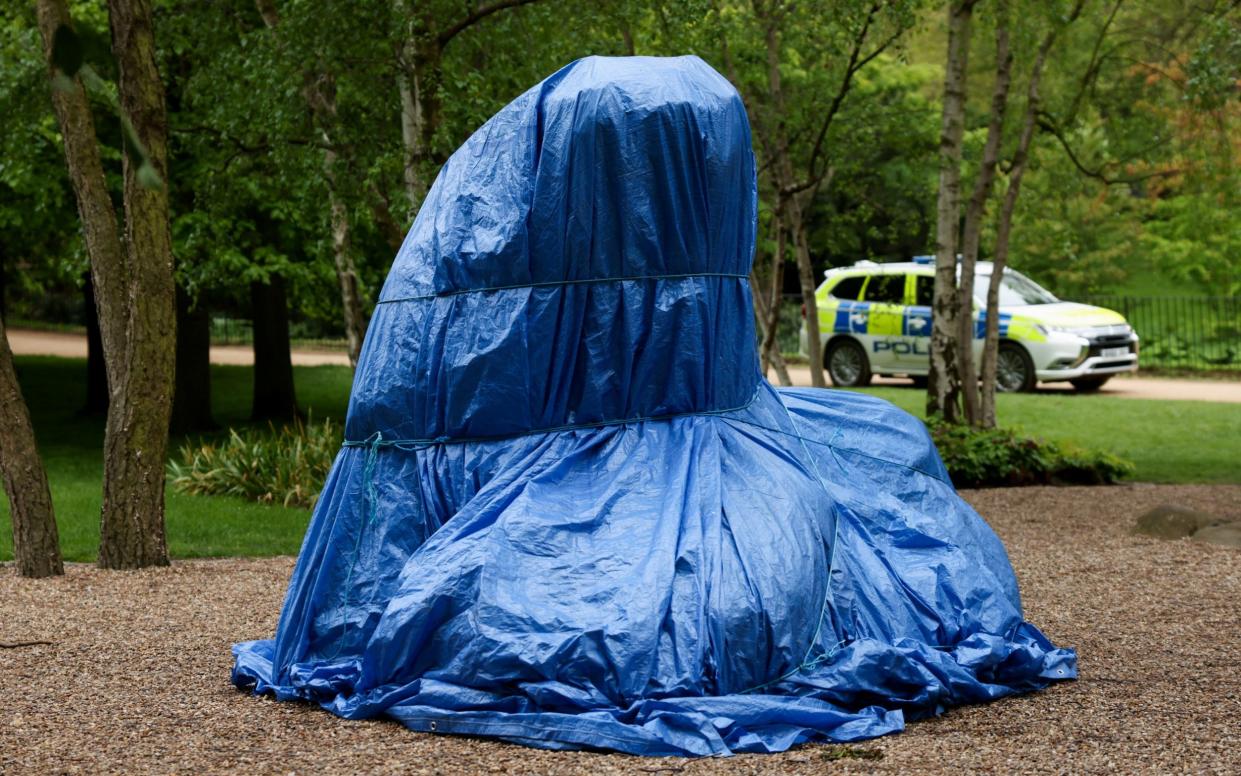The daily drumbeat of anti-Semitic hate leaves Jewish Britons living in fear

I keep thinking that it will get better, but it is only getting worse. Racism against Jews is becoming more and more prevalent, more and more permissible, more and more dangerous.
Jewish people are increasingly disturbed, depressed and distressed by what they are witnessing and reading. And there are no signs that this surge in Jew-hate will end any time soon.
The relentlessness of events feeds this anxiety. Not a day goes by without an unsettling story of Jew-hate. It is a daily drumbeat of anti-Semitism. It makes you nervous, puts you on edge, makes you wonder what might happen next.
The ambient anxiety felt by many Jewish people is best understood through events themselves. Stories of racist hatred, violence and abuse from across the globe feel unceasing.
Here is a taste of it, a brief diary of anti-Semitic crimes, threats and stories from just the last few couple of weeks. It is by no means comprehensive.
Tuesday 23 April: Calls for the destruction of the world’s only Jewish State spread across American university campuses. Students at Columbia University show open support for Hamas terror. Their chants include “Hamas, we love you. We support your rockets too!” and “We say justice, you say how? Burn Tel Aviv to the ground!”.
Wednesday 24 April: Hamas releases a propaganda video of hostage Hersh Goldberg-Polin. He is pale and thin after six months in captivity. His arm is visibly severed below the elbow following the terrorist assault on the Nova music festival. The number of hostages still alive remains unclear.
Thursday 25 April: A man is convicted of murdering a pensioner in Hartlepool. Ahmed Alid said he was inspired by “revenge” for the Israel-Hamas conflict.
Friday 26 April: A British man is convicted of terror offences related to Jew-hate. Neo-Nazi Mason Reynolds gathered information about a synagogue and made notes outlining a plan to attack it.
Saturday 27 April: A Holocaust Memorial in Hyde Park is covered up to protect it from vandalism during the now regular pro-Palestinian marches in central London. The Government’s adviser on anti-Semitism, Lord Mann, described the precaution as “sad but necessary”.
Sunday 28 April: University College London first-year student Romilly Blitz is interviewed on the radio about her experiences since the 7 October pogrom. She was called a “brainwashed Zionist” for pointing out that Hamas terrorists had raped and killed Israelis. Miss Blitz was forced to leave campus for two weeks and said she was booed on her return.
Monday 29 April: Reports emerge of an attempted kidnapping of an orthodox Jewish man in Stamford Hill, north London. The police launch an investigation.
This is the daily drip-drip. This is the new anti-Semitic drumbeat that has become a part of everyday life. It gets under your skin. It feels inescapable. It can make it difficult to sleep.
Jewish people talk about it together. Some are angry, some are frightened, others are just very sad. Comfort is found in community and in the greatly appreciated support of non-Jewish friends who reach out with kindness and empathy.
Yet there is no doubt that, for many Jewish people, our social worlds have got smaller since 7 October. There is a new uncertainty about who we can talk openly with, who we can rely on, who may be thinking differently about us now because we believe that the Jewish State has a right to exist.
We cannot allow this to become the new normal for Britain’s Jewish community. We must not find ourselves in a position in which Jewish people begin to question whether there is a long-term future for them in the UK. This is our home. We are proud Britons. As a nation, we must all do more to put an end to this racist, toxic drumbeat.

 Yahoo News
Yahoo News 
